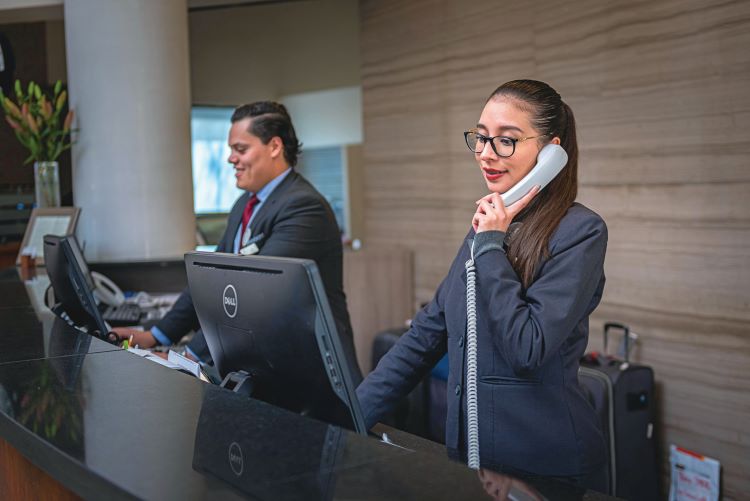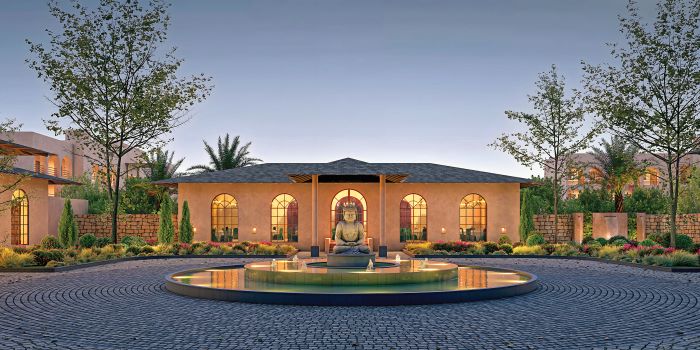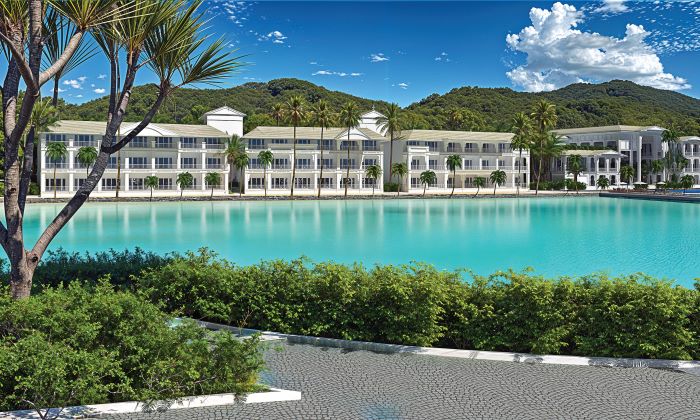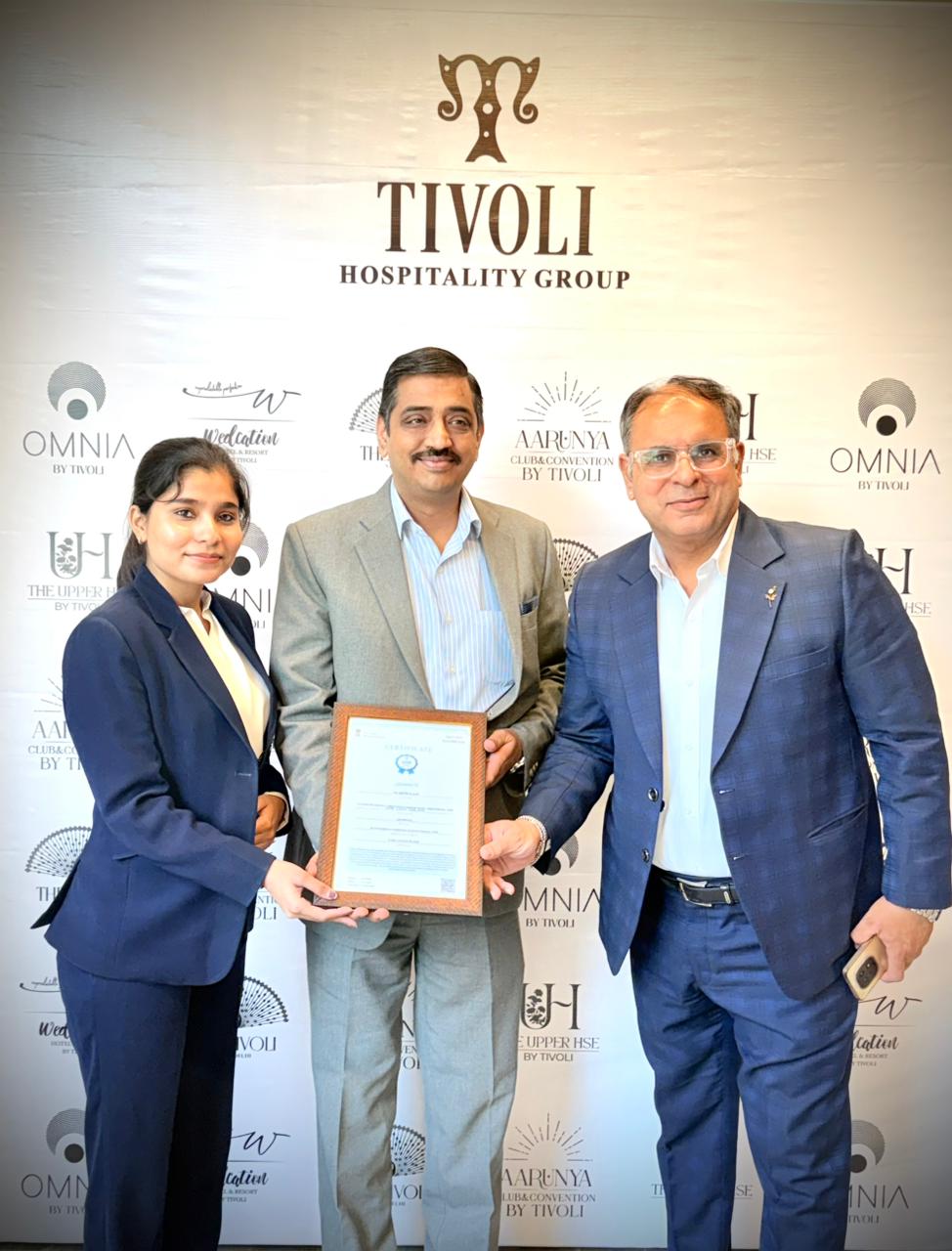Hotels make efforts to bridge the digital divide with their guests to enhance experiences and leverage technology in every aspect of their travel.
Charmaine Fernz
In a competitive travel market, Indian travellers are increasingly seeking the best deals for their vacations. Despite the rise of online booking engines, direct hotel bookings remain popular, with recent reports showing a preference for direct reservations. As hotels invest in advanced technologies to bridge the gap with guests, direct booking technology is surging in demand. This article explores how hotels are using to drive direct booking, enhance guest experiences, and leverage technology for greater success.
Measures of success
Direct bookings are reservations made with the hotel through a website, app or telephone. The advantage of direct bookings is that they are commission free and also offer additional benefits as well. Sarbendra Sarkar, Founder and Chairman, Cygnett Hotels & Resorts, said the success of a direct first-booking approach is determined by an increase in direct bookings on the hotel’s website and social media traffic, digital marketing, and online advertising. Loyalty programmes help gauge the strategy’s strength. Measuring success involves tracking indicators such as conversion rate and customer satisfaction. In-house analysis, Google Analytics, and technology play a vital role in achieving financial efficiency, customer satisfaction, and sustained booking growth. “Our popular instant loyalty programmes help us gauge the strength of our direct booking strategy,” Sarkar added.
Rayan Aranha, VP, Hospitality, Brigade Group, emphasises the importance of tracking the shift in bookings from third-party online travel agencies (OTAs) to direct channels and assessing the long-term value of repeat guests . Evaluating the ROI of direct booking campaigns is crucial, leading to cost savings and enhanced brand value through metrics such as social media mentions. “We regularly monitor our channel mix to understand the shift from OTAs to direct channels. We track the long-term value of repeat guests, as fostering direct bookings strengthens relationships, – translating into increased loyalty and future stays,” he explained.
Expressing similar sentiments, Kavita Thapa, Cluster Director, Sales, Sayaji Hotels, said, “We establish KPIs related to booking history and numbers. These could include metrics such as conversion rates of direct bookings, average revenue per booking, repeat booking rates, and customer lifetime value. We use this data to refine our marketing strategies and enhance service offerings.”
Managing channels
Modern traveller seeks personalisation in every aspect of their travel, including hotel bookings. They adopt a direct first-booking approach, which allows hotels to connect with guests on a personalised level. While online travel agencies and direct bookings complement each other, direct bookings through targeted marketing campaigns and guest loyalty programmes are also vital. “We ensure competitive pricing across all channels, including direct and OTA platforms. To incentivise direct bookings, we maintain rate parity and offer exclusive packages on our direct sites.” Sarkar said direct bookings account for 9 to 10 per cent of all bookings. “We rely on booking engine (BE) for booking conversion methodology to increase direct bookings. This rate ranges from 5 to 15 per cent, lower than the visitor to BE conversion rate. We use an exit message strategy to retain users who are about to leave our website. This message grabs attention with personalised offers, encouraging direct bookings,” he explained.
Cygnett’s focus on using homegrown technology and white-label applications to maintain rate parity, keeping the price difference between direct channels and O TAs around 5 per cent, he said.
Thapa said that approximately 18 per cent of bookings come from OTAs, while the remaining come from direct channels. Revenue Management Systems (RMS) are used for price comparison, ensuring price parity across all channels to avoid undercutting by OTAs. This effectively emphasises customers’ demands and expectations and yields good result.
Tech plus investments
“Every hotel is focused on using innovative methods to grow their business, with advancing technology playing a key role. Sayaji Hotels is expanding and investing in developing mobile apps and sophisticated websites, with stress on easy booking processes, personalised offers, and seamless user experiences,” Thapa added. Personalisation is Aranha’s mantra across all digital touchpoints, including the website and mobile app. “By using guest data, our hotels tailor email campaigns, personalise website content, and offer targeted loyalty programme benefits, which help build stronger guest relationships and encourage direct bookings,” he added. AI-powered chatbots on hotel websites provide 24×7 support.
According to Sarkar, technological advancements and digitisation help enhance guest experiences. This includes developing technology platforms such as property management system, customer relationship management, booking engines, and mobile-friendly websites and apps.
Our popular instant loyalty programmes help us gauge the strength of our direct booking strategy.” – Sarbendra Sarkar, Founder & Chairman, Cygnett Hotels & Resorts
We maintain competitive pricing, ensuring rate parity and offering exclusive packages to incentivise direct bookings.” – Rayan Aranha, VP, Hospitality, Brigade Group
By using guest data, our hotels tailor email campaigns and offer targeted loyalty programme benefits.” – Kavita Thapa, Cluster Director, Sales, Sayaji Hotels









